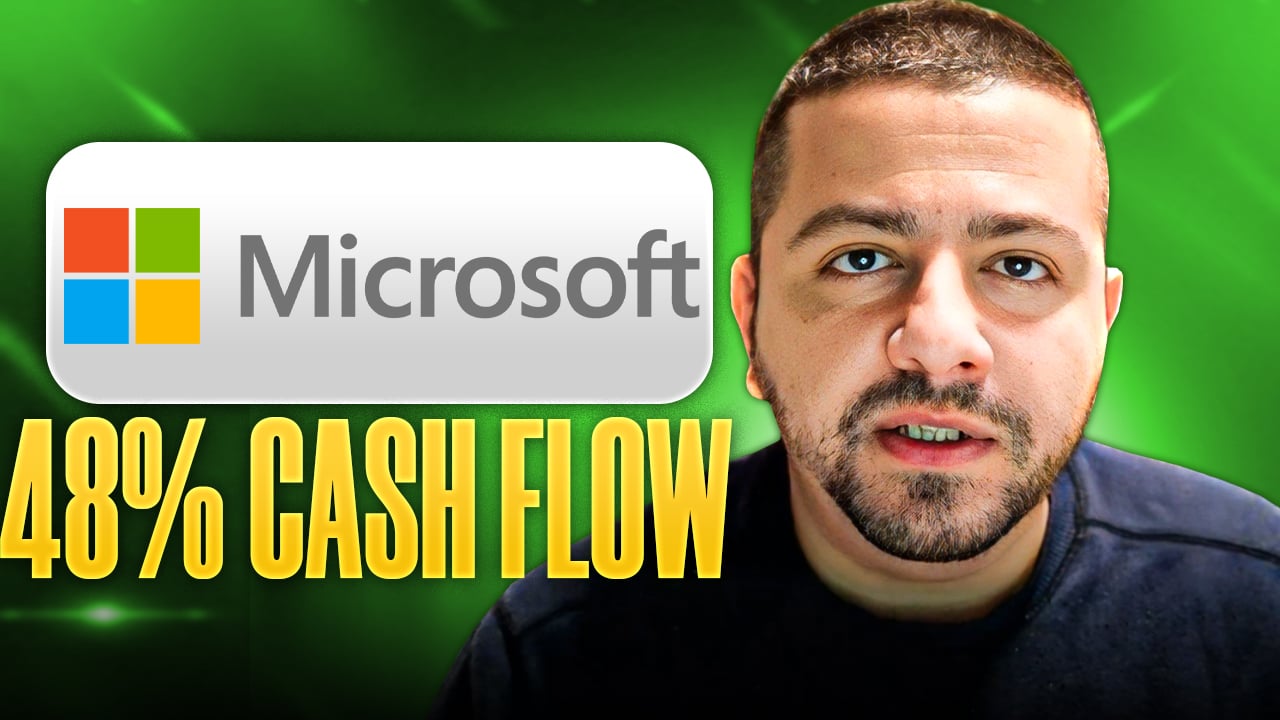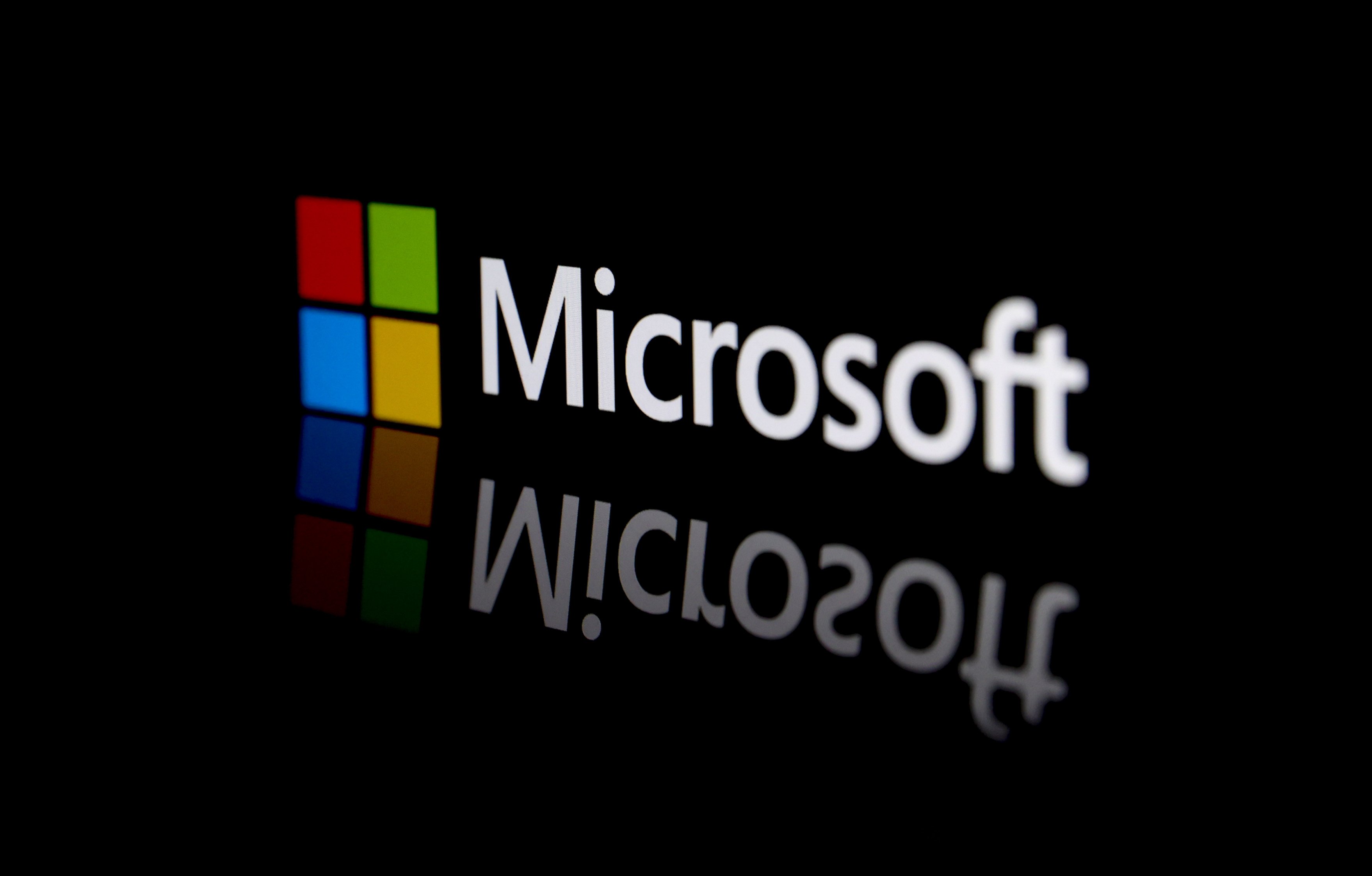Let's face it, there are a lot of Microsoft (MSFT 0.06%) haters out there, some going as far back as the 1990s. Once the object of the ire of the Justice Department, corporate monopoly opponents, and borderline conspiracy theorists, Microsoft has yet to shake the underlying angst of many investors and market pundits alike.
The sentiment surrounding Microsoft is there for all to see. The headlines following its most recent fiscal 2013 Q2 earnings announcement say it all. If you peruse the feeds, you're likely to see articles with such headlines as "Profit Down 3.7%," "Narrowly Beats Earnings Expectations," and "Earnings Dip," among others. All true, but as so often happens, the headlines only tell part of Microsoft's story.
A couple of other tidbits
Lost among the negativity surrounding Microsoft's earnings were a couple of bright spots that reinforce its efforts to expand into new, burgeoning markets. No, the new Windows 8 OS didn't lift worldwide PC sales as we're used to seeing, but the mobile world we live in has changed a lot since 2009, Microsoft's last big OS upgrade.
The pending release of Office 365 impacts Microsoft in a couple of ways. No. 1, it hurt results for its business division, which generated $5.69 billion in GAAP revenue in Q2, down 10% from the prior year. Pretty standard as customers wait for the new offering before buying. Also worth noting is that, after multiple adjustments for Office 365 upgrade offers in the quarter, Microsoft's business revenue increased 3% on a non-GAAP basis.
Going forward, Office 365 will boost what are already improving enterprise and cloud-related revenues, a critical area of growth for Microsoft. Double-digit revenue improvements in Q2 2013 from Microsoft's new SQL server 2012, along with Windows server 2012, drove an overall 9% jump in enterprise-heavy Server & Tools revenues compared to last year, rising to $5.19 billion in the recent quarter.
And Microsoft's efforts in the key enterprise and cloud markets are just getting started. As COO Kevin Turner put it, "With the coming launch of the new Office, we will provide a cloud-enabled suite of products that will deliver unparalleled productivity and flexibility."
Though its Xbox remains the top-selling game console domestically, the 2% drop in non-GAAP revenues from Microsoft's entertainment and devices division, to $3.77 billion, may cause some consternation. However, even though CEO Steve Ballmer remains mum on Microsoft's new Surface tablet sales, mobile computing hardware is a legitimate opportunity for growth, even as entertainment results are pressured.
Windows Phone 8 and Windows 8 are slowly but surely making strides. Nokia's (NOK 1.11%) announcement of 4.4 million Lumia smartphone units sold in its Q4, all running Windows 8, lent credence to Microsoft's assertion that adoption of a new OS will happen and that it just takes time. Nokia's decision to go all in with Windows Phone 8, coupled with its early success, work in Microsoft's favor, just as they do for Nokia. Internationally, the Windows Phone is gaining some traction, with substantial market penetration in both Britain and Italy.
Like Google's (GOOG 3.22%) global-leading Android OS, there are opportunities for Windows Phone 8 beyond Nokia's Lumia line of smartphones, too. Seems every mobile computing manufacturer has an Android OS alternative, including Taiwan-based HTC. What makes HTC slightly different is that its U.S. headquarters is literally down the street from Ballmer in Redmond, Wa., and would like nothing better than to expand its line-up to include non-Android OS phones. Windows 8 may just be the alternative HTC is looking for, and don't be surprised if other manufacturers come calling.
Making the sort of business transition Microsoft is in the midst of was never going to be easy, nor will it be going forward. But it can be done, and done successfully. As painful as it might be, Ballmer need look no further than Microsoft's longtime competitor IBM (IBM +0.04%). Most impressive about IBM's recent earnings release, in which virtually all expectations were either met or exceeded, was how Big Blue was able to hit its numbers, subsequently providing upward guidance in 2013.
IBM CEO Ginny Rometti's explanation for the outstanding quarter, and year, says it all: "Our performance in the fourth quarter and for the full year was driven by our strategic growth initiatives -- growth markets, analytics, cloud computing, Smarter Planet solutions -- which support our continued shift to higher-value businesses." Now that is a recipe for long-term growth, and Microsoft is heading in a similar direction.
Based on the slight uptick in stock price on Friday, it appears investors are willing to give Microsoft some time, and that's as it should be. In spite of lingering animosity, Microsoft is on track to reaching its objectives -- becoming a leading enterprise, cloud, and mobile computing solutions provider. For investors, irrespective of the headlines, Microsoft continues to offer outstanding mid-term growth opportunity, along with its stellar 3.3% dividend yield.






